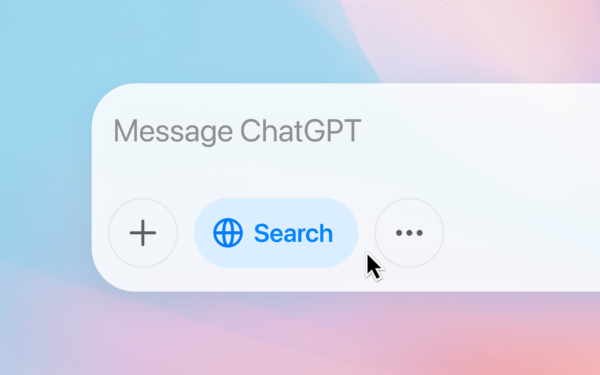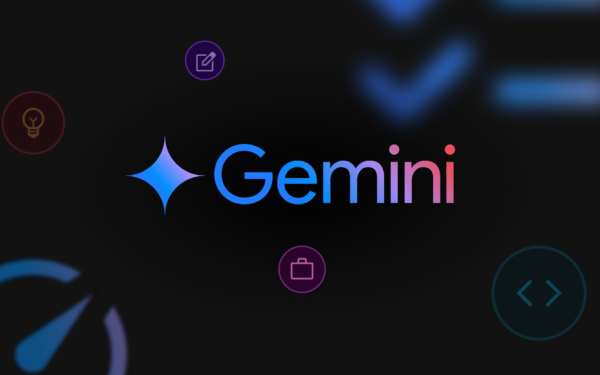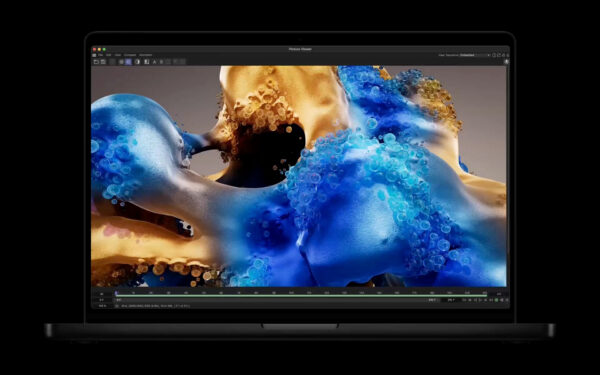 \n
\n
Microsoft has announced AI for Accessibility program at its annual developer conference, Build 2018, aimed to harness the power of artificial intelligence to amplify human capabilities for people around the world with disabilities.
\n
This new $25 million 5-year program will put AI tools in the hands of developers to accelerate the development of accessible and intelligent AI solutions to benefit over one billion people with disabilities around the world.
\n
The AI for Accessibility program will be run by the Accessibility team at Microsoft led by Jenny Lay-Flurrie, the company’s Chief Accessibility Officer. The program comprises grants, technology investments, and expertise, and will also incorporate AI for Accessibility innovations into Microsoft cloud services.
\n
Here’s how Microsoft will go forward with the AI for Accessibility program:
\n
- \n
- Provide seed grants of technology to developers, universities, nongovernmental organizations, and inventors taking an AI-first approach focused on creating solutions that will create new opportunities and assist people with disabilities.
- Identify the projects that show the most promise and make larger investments of technology and access to Microsoft AI experts to help bring them to scale.
- Infuse AI and inclusive design across Microsoft offerings, and work with partners to incorporate AI innovations into platform-level services.
\n
\n
\n
\n
The program builds on the success of the similar AI for Earth initiative announced last year that aimed to put the power of artificial intelligence towards solving the biggest environmental problems facing our planet. As part of the program, Microsoft made a $2 million commitment and gave access to cloud and AI computing resources, technology training, and lighthouse projects.
\n
As people with disabilities expand their use of computers to hear, see and reason with impressive accuracy, Microsoft is working on solutions such as real-time speech-to-text transcription, visual recognition services, and predictive text functionality. The company believes that AI can be a game changer for people with disabilities and advances like these will offer enormous potential by enabling people with vision, hearing, cognitive, learning, mobility disabilities and mental health conditions do more in not just in their life, but also in employment.
\n
Around the world, only one in 10 people with disabilities have access to assistive technologies and products. By making AI solutions more widely available, Microsoft aims to leverage technology to have a broad impact on this community.
\n\nFurther reading: AI for Earth, Build, Build 2018


